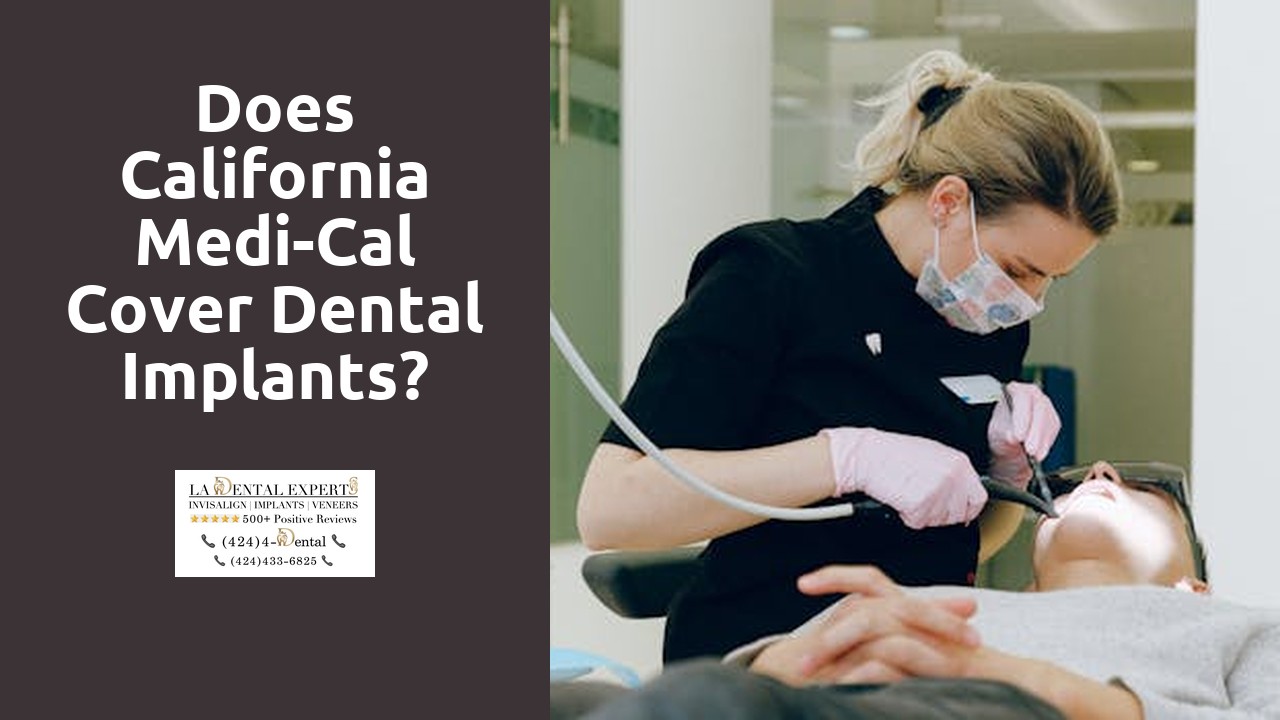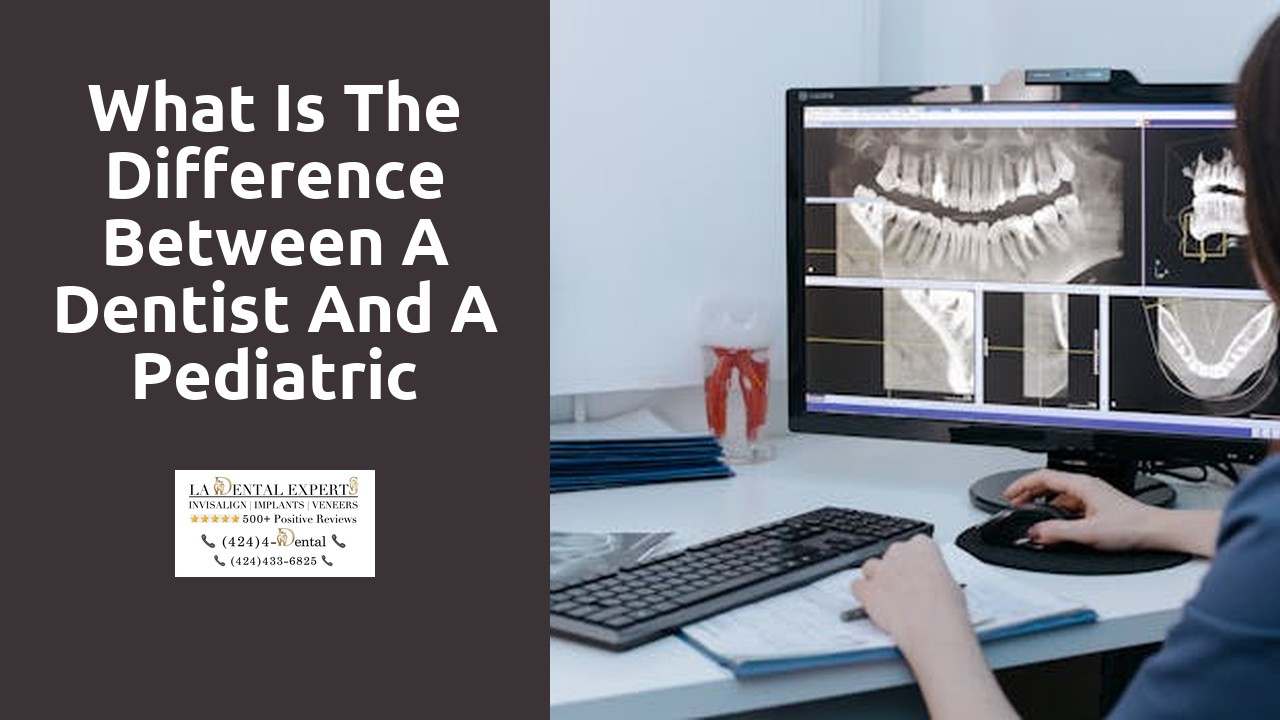Are Your Wisdom Teeth Impacted?
Have you ever dealt with that persistent ache at the rear of your mouth that refuses to subside? You’re in good company. Numerous individuals face issues with impacted wisdom teeth, resulting in discomfort, inflammation, and potential harm to the teeth nearby.
Our Los Angeles Dentist Describe the different forms of impactions related to wisdom teeth that individuals can encounter. Should you require your wisdom teeth removed . Reach out to our dental clinic now to arrange a time for your visit. (424) 433-6825.
What Is a Wisdom Tooth Impaction?
A wisdom tooth impaction Impacted wisdom teeth happen when the jaw shrinks over time, creating insufficient space for the third molars to grow in properly. This issue can cause various dental problems, including tooth decay, periodontal disease, and infections in the gums. Often, surgically removing the tooth is the most effective treatment for addressing an impacted wisdom tooth.
Four Primary Varieties of Impacted Wisdom Teeth
Four primary categories of impactions exist for wisdom teeth:
- Mesial (angular) impaction
- Vertical impaction
- Horizontal impaction
- Distal impaction
Mesial (Angular) Impactions
Mesial impactions Wisdom tooth impactions, where the tooth emerges at an angle and leans towards the front of the mouth instead of the back, are prevalent. When a tooth is partially emerged in this manner, it can lead to complications with the neighboring teeth because the misaligned impacted tooth might push on and harm them.
The choice to remove a tooth that is impacted on its mesial side is influenced by various considerations, including how much the tooth is angled and the degree of its impaction.
Dental professionals tend to watch such teeth closely over time before deciding if removal is required. By doing so, they can track alterations in the positioning of the tooth and evaluate the possible threat to adjacent teeth prior to proceeding with any intervention.
Vertical Impactions
Vertical impactions Impactions of the wisdom tooth can happen even when the tooth is properly aligned, but doesn’t emerge from the gums. Often, these types of impactions aren’t a problem and don’t need to be removed because they don’t typically lead to major problems. Nonetheless, situations can occur where a wisdom tooth that is trapped vertically can push against the jawbone or shift the tooth next to it, which may result in dental health problems.
In such situations, our dental practitioner might recommend the surgical extraction of the tooth that is impacted vertically in order to avoid additional harm and relieve any pain.
Horizontal Impactions
Horizontal impactions Horizontal impactions, which occur when a tooth is completely sideways under the gums and exerts pressure on the teeth next to it, can lead to considerable discomfort and harm to those neighboring teeth. Therefore, it is critical to quickly deal with such impactions, regardless of whether they are partial or full.
The advised procedure for horizontally impacted wisdom teeth is a surgical removal. Sometimes, this might include taking out a portion of the jawbone to ensure that the impacted tooth is successfully extracted. Eliminating the impacted wisdom tooth that’s lying horizontally can help protect adjacent teeth from additional harm and can also relieve any pain or discomfort linked with the impaction.
Distal Impactions
Distal impactions Distal impactions, which are not very common, happen when a wisdom tooth is positioned leaning towards the rear of the mouth. Whether to remove a distal impacted tooth hinges on how the tooth is tilted and the severity of the impaction. Sometimes, it may not be necessary to take out a tooth with a distal impaction, but in different instances, the placement of the tooth might threaten dental health, necessitating its extraction.
Symptoms of Impacted Wisdom Teeth
Typical signs of impacted third molars consist of:
- Pain
- Swelling
- Changes in bite
- Difficulty chewing
- A foul taste in the mouth
- Bleeding
Occasionally, discomfort caused by an impacted tooth can vary from a minor ache to intense pain and could be confined to the area around the affected tooth. Nevertheless, impacted wisdom teeth don’t always present with symptoms. It’s possible to have an impacted tooth and yet show no obvious symptoms. That’s why it’s important to maintain routine visits to the dentist.
Dentists Assess the Nature of Tooth Impaction
If you come to our dental office in Seattle worried that your wisdom tooth might be impacted, our dentist will perform an oral assessment and use X-ray imaging to ascertain the tooth’s orientation and location. By considering these findings along with symptoms you’ve mentioned, such as infections, discomfort, or harm to adjacent teeth, our dentist can identify the nature of the impaction and propose the best strategy for treatment.
Tackling impacted wisdom teeth promptly helps preserve the health of your mouth and avert complications like tooth decay and gum disease, and damage to surrounding teeth.
Frequently Asked Questions
What is the predominant kind of impacted wisdom tooth?
Mesial impactions: The most frequent kind of wisdom tooth impaction is referred to as “angular impactions.” This occurs when the teeth have partially emerged and are tilted towards the front area of the mouth.
What are the various kinds of impaction?
There exist three varieties of impaction. The three classifications can be rephrased as: soft tissue impaction, partial bone impaction, and full bone impaction. Soft tissue impaction arises when insufficient space prevents the gums from pulling back, while partial bony impaction happens when there is just enough room for the wisdom tooth to emerge partially. When there is no room at all for the tooth to come through, this is known as complete bony impaction.
Which type of impacted wisdom tooth is considered to be the most challenging?
Horizontal impactions and Partially impacted wisdom teeth are typically regarded as the most painful sort of wisdom tooth entrapment, whereas completely bony impacted teeth pose the most difficulty for removal because they are entirely lodged within the jawbone.
Get in touch with Aesthetic Dental Associates now to schedule an appointment for a consultation.
Acknowledge the signs of impacted wisdom teeth and seek dental attention promptly to deal with these obstructions before they lead to severe problems. Ensure that impacted wisdom teeth are not ignored. Arrange a consultation for your wisdom teeth. Reach out to our dentist in Los Angeles today by making a phone call. (424) 433-6825






